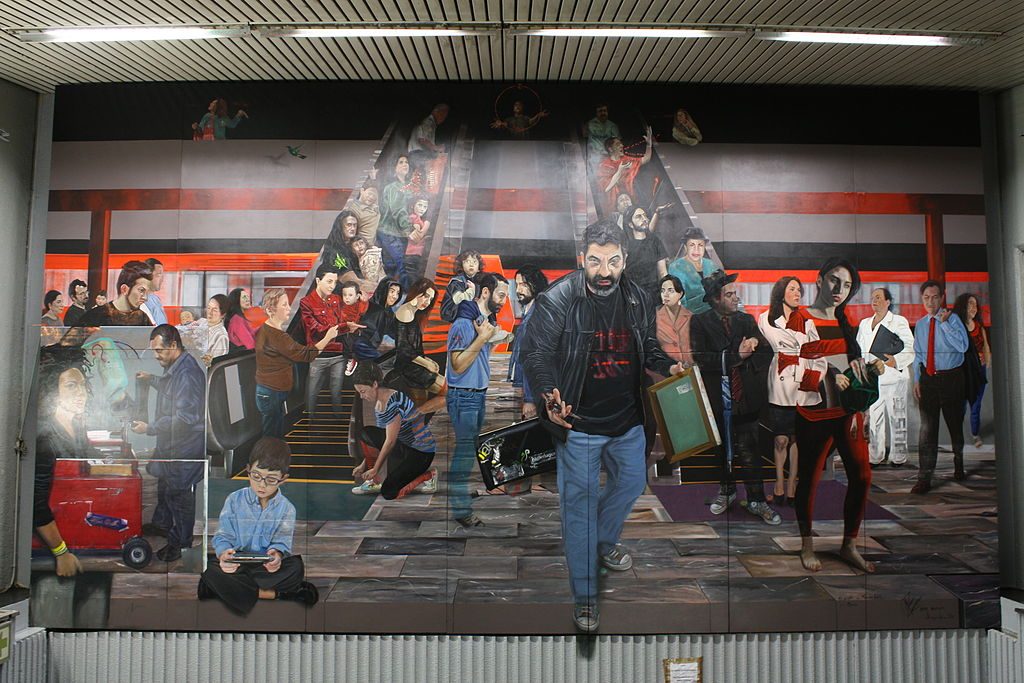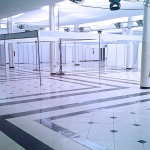
 El dato importante del metro Tlatelolco para los visitantes internacionales, es que por ser central para los residentes de ahí, está un poco lejos de todo lo demás.
El dato importante del metro Tlatelolco para los visitantes internacionales, es que por ser central para los residentes de ahí, está un poco lejos de todo lo demás.
Al llegar, en realidad estás a mitad de camino entre la Plaza de las Tres Culturas y la Torre Insignia. Pero este no es un mal lugar para estar.
Metro Tlatelolco abrió sus puertas en noviembre de 1970, poco después de la inauguración del conjunto habitacional de Tlatelolco. Si bien, el símbolo de la estación representa a la Torre Insignia, que está al oeste dentro del complejo, también puedes dirigirte al este hacia la Plaza de las Tres Culturas. Hay una guía completa de sitios y puntos de interés aquí.
De cualquier forma, incluso un breve paseo por el barrio debería darte una idea clara del lugar, su historia y su valor para la ciudad en general. Es un espejo fascinante de un siglo que alcanzó su punto máximo, vio la tragedia, se recuperó o trató de recuperarse y siempre siguió luchando.
Tlatelolco bien puede ser una meditación sobre Fausto, Marx y Robert Moses. También es una meditación sobre nosotros, y llegar en metro sigue pareciendo la forma más adecuada de descubrirlo. A su gente, a su pasado y a su presente; Tlatelolco es más que edificios y terrenos. Es una tragedia y cientos de victorias, intermitentes y personales, vertidas en el cemento y descubiertas en sus piedras.

Cercano a 0.12 kms.

Cercano a 0.22 kms.

Cercano a 0.44 kms.

Metro Indios Verdes es el más transitado del sistema y, a menudo, se usa para referirse a las comunidades más al norte.

La estación de transferencia Metro Deportivo 18 de Marzo, es una parada importante en la alcaldía Gustavo A. Madero.

El antiguo hipódromo de Peralvillo se recuerda en las vistas arboladas desde un andén de Metro de la línea 3.

Metro La Raza ha sido definido, como todo su barrio, por un curioso monumento justo al sur.

Metro Hidalgo ha sido durante mucho tiempo una estación de transferencia entre las Líneas 2 y 3 del Metro, y es un gran destino